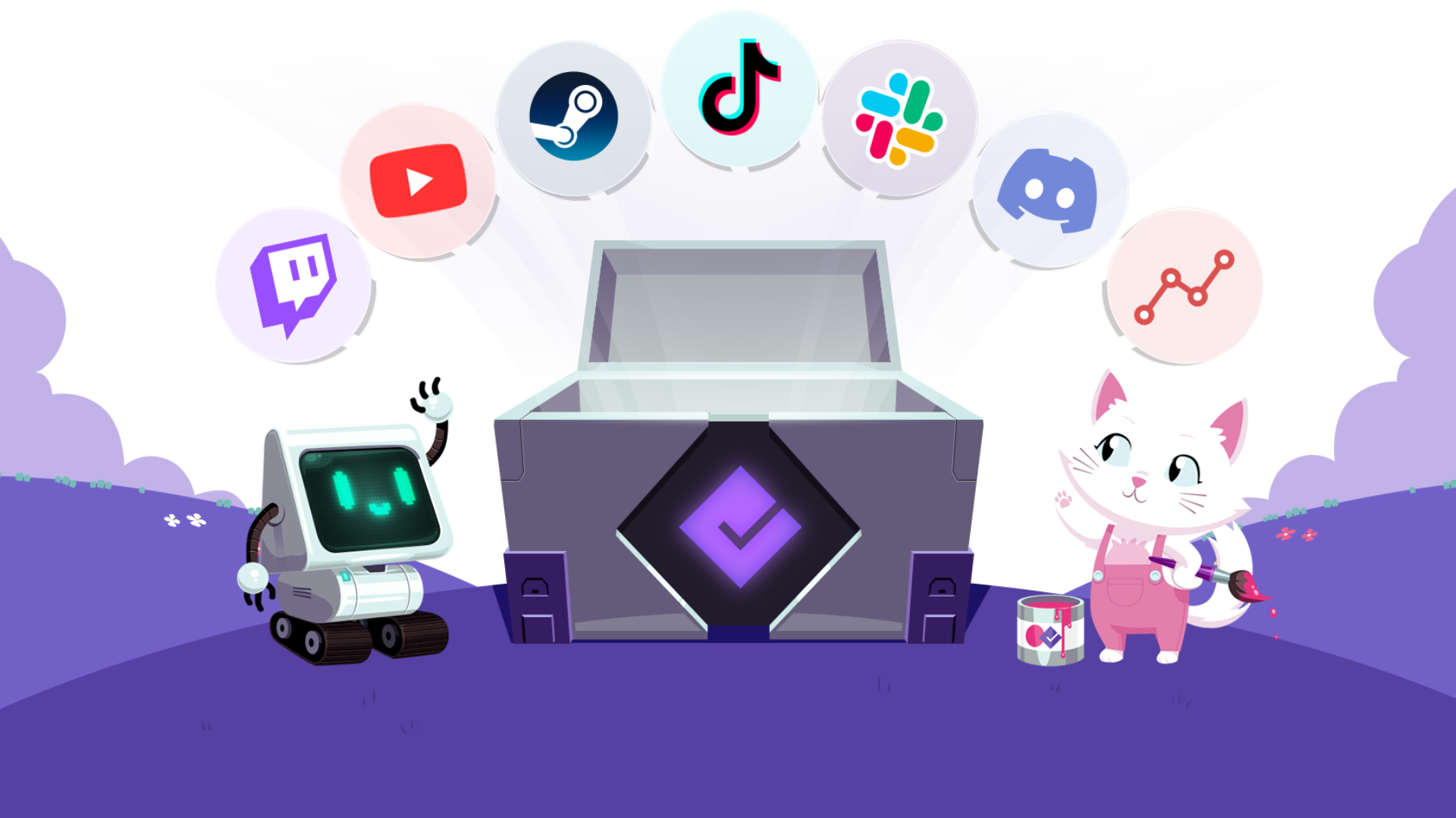In the fast-paced world of battle royale games, Apex Legends has carved a unique niche for itself since its launch in February 2019. Developed by Respawn Entertainment and published by Electronic Arts, the game has not only garnered millions of players but has also established a robust marketing strategy that incorporates various monetization methods. One of the key components of this strategy is the Season Pass, which has proven to be a significant driver of engagement and revenue. This article explores how Apex Legends effectively utilizes season passes in its marketing strategies, examining their impact on player retention, game content, and overall brand growth.
Understanding the Season Pass Model
The Season Pass model is a monetization strategy that allows players to purchase a pass for a limited time to unlock exclusive in-game content as they progress through various tiers. Apex Legends adopts this model by offering a new season approximately every three months, each introducing fresh content, including new legends, weapons, and cosmetic items. Players can choose between a standard pass and a premium pass, which typically offers additional rewards.
1. Creating FOMO (Fear of Missing Out)
One of the most effective psychological strategies employed in Apex Legends’ season pass marketing is the creation of FOMO. By offering exclusive skins, cosmetics, and in-game items that are only available for a limited time, players are incentivized to purchase the season pass to ensure they don’t miss out on content that won’t return. This sense of urgency encourages players to engage with the game more frequently and increases the likelihood of them spending money on the pass.
2. Engaging the Community with Seasonal Themes
Each season in Apex Legends has a unique theme that resonates with the community. For example, Season 7 introduced the theme of “Ascension,” which included new gameplay elements, a new legend, and a fresh map. By crafting a cohesive narrative around each season, Apex Legends enhances player engagement and creates excitement for the new content. Themed events, challenges, and in-game lore also keep the community buzzing, making players more likely to purchase the season pass to fully experience the season’s offerings.
3. Offering Tiered Rewards

The tiered reward system in Apex Legends’ season pass is another effective marketing tactic. Players progress through tiers by earning experience points (XP) by playing the game, completing challenges, and participating in events. Each tier unlocks specific rewards, ranging from cosmetic items to crafting materials. The tiered structure encourages players to invest time in the game, fostering a sense of accomplishment and making the season pass feel worthwhile.
4. Leveraging Social Proof
Apex Legends capitalizes on social proof by showcasing popular streamers and influencers who actively engage with the game and its season pass. The presence of high-profile gamers who promote the latest seasons can significantly influence their followers, creating a ripple effect that leads to increased season pass purchases. Moreover, sharing player-generated content, such as custom skins or gameplay highlights, fosters a sense of community and encourages others to participate in the seasonal content.
5. Cross-Promotion and Collaborations
Apex Legends has engaged in strategic collaborations and cross-promotions to enhance its visibility and attract new players. For instance, special events have featured characters and themes from other franchises, creating buzz and expanding the game’s audience. These collaborations often come with limited-time season passes that include exclusive content related to the partner franchise. By diversifying its content offerings, Apex Legends taps into different player bases and increases the potential for season pass sales.
6. Regular Updates and Feedback
To maintain player interest, Apex Legends commits to regular updates and communicates with its community. The developers actively seek player feedback on season pass content, balance changes, and overall gameplay experiences. This feedback loop not only helps improve the game but also fosters a sense of ownership among players, making them more likely to invest in future season passes. By demonstrating that player input is valued, Apex Legends builds a loyal community that feels connected to the game’s evolution. Like this article? Read also about The Legend of Zelda.
7. Integrating Seasonal Challenges and Events
To further incentivize players to purchase the season pass, Apex Legends incorporates seasonal challenges and events that offer exclusive rewards. These events often require players to complete specific tasks within the game, encouraging them to engage with the content actively. For instance, limited-time challenges may reward players with unique cosmetics or XP boosts, enhancing the value of the season pass. The constant introduction of new events keeps the gameplay fresh and encourages ongoing participation.
8. Promoting Through In-Game Advertising
In-game advertising is another effective strategy Apex Legends employs to market its season passes. As players navigate the game, they encounter prompts and notifications that highlight the benefits of purchasing the season pass. This direct approach ensures that players are consistently reminded of the available content and the advantages of investing in the pass. Moreover, well-designed promotional materials within the game can capture players’ attention and spark interest in the latest season.
9. Pricing Strategies

Apex Legends employs a competitive pricing strategy for its season passes, often offering them at a reasonable price point compared to other games in the genre. The perceived value of the rewards unlocked through the pass often outweighs the initial investment, making it an attractive option for players. Occasional discounts, bundles, or special promotions further incentivize purchases, allowing players to get more value for their money.
Apex Legends’ utilization of season passes in its marketing strategies showcases a comprehensive approach to player engagement, retention, and revenue generation. By creating FOMO, engaging the community with seasonal themes, offering tiered rewards, leveraging social proof, and actively seeking player feedback, the game has established a strong marketing framework that keeps players invested. Furthermore, collaborations, regular updates, and in-game advertising all contribute to the success of the season pass model.
As the gaming industry continues to evolve, Apex Legends demonstrates that effective marketing strategies, when combined with quality content and community engagement, can lead to sustained success and a loyal player base. For more information on season passes and their impact on gaming, you can visit the Wikipedia page on Season Passes.

